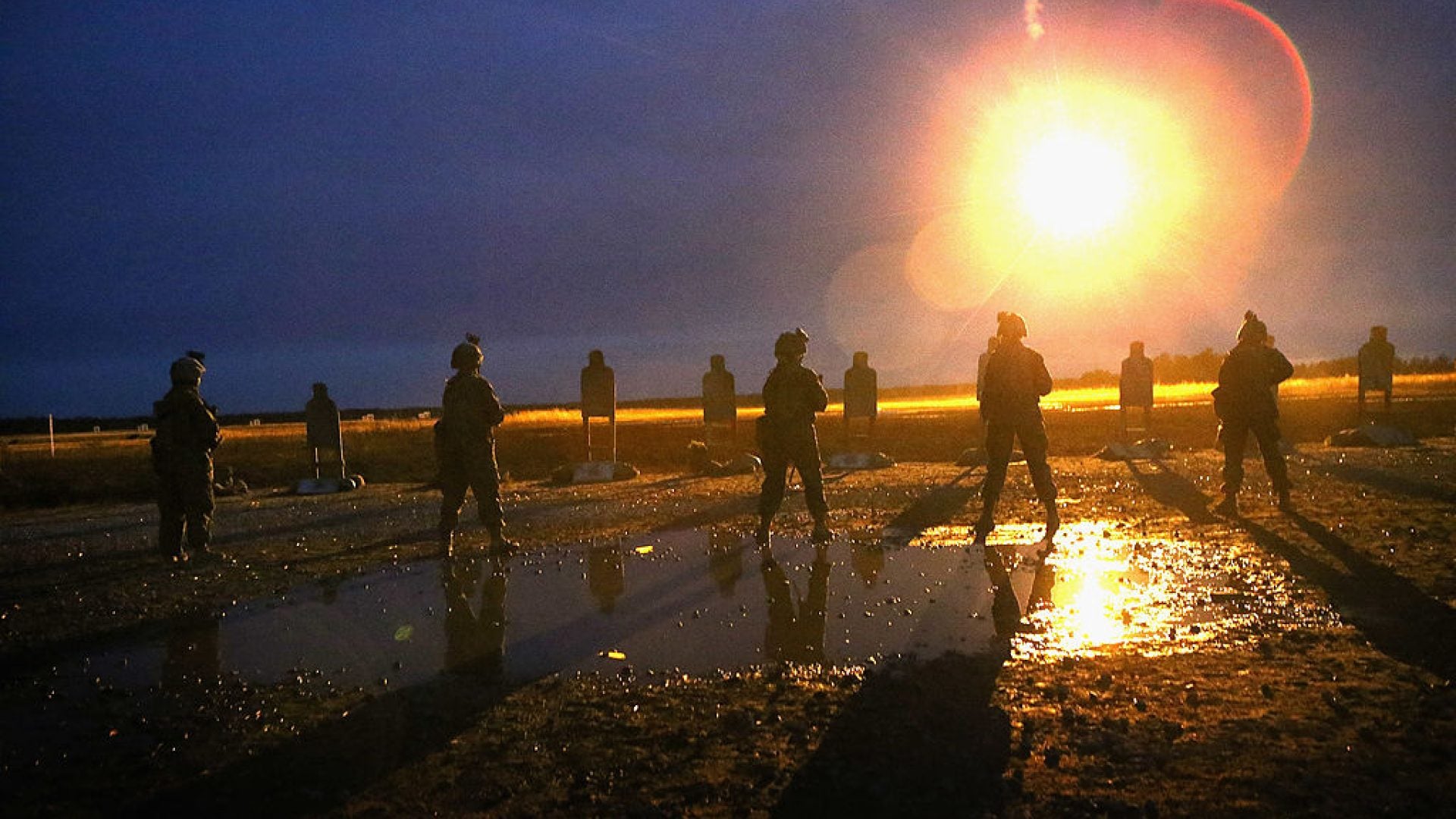
From 1953 to 1987, almost a million people who worked or lived at Camp Lejeune, a U.S. Marine Corps base, “may have been exposed to a drinking water supply contaminated with chemicals that have been linked to severe health problems, including cancers and birth defects,” NBC News reports.
During that time period, it was not uncommon for many women who drank the water to endure miscarriage after miscarriage, stillbirths, as well as deliver babies who were born with birth defects.
Black Marine veteran LaVeda Kendrix wasn’t even stationed at Camp Lejeune, but had all her meals and ran errands at the base. She had nine miscarriages and one stillbirth, telling NBC “It’s like we’re invisible.” The only physical proof left, a scar from her cesarean section.
Another Black woman also spoke with NBC about her three miscarriages. Crystal Dickens was a mechanic for the Marines, and said “Because it’s hot, you’re burning up, you’re going to drink what you get.” “We swam in it. We drank the water. We bathed in the water. We were totally exposed,” continued Dickens. In 1979 she was able to get pregnant with twins, but discovered at her six-month checkup that there was only one remaining heartbeat in her womb.
In 2022, President Biden signed the Sergeant First Class (SFC) Heath Robinson Honoring our Promise to Address Comprehensive Toxics (PACT) Act. Enacting this law “opened an avenue for veterans harmed by burn pits and other toxic exposure to receive more comprehensive healthcare. It also included a way for Camp Lejeune toxic water victims to receive long-awaited financial compensation,” per the Legal Examiner.
A provision of the PACT Act permits people who were exposed to the contaminated water at Camp Lejune and who have waited more than six months for a response or resolution from the Navy to file a new lawsuit in the Eastern District of North Carolina.
Over 93,000 Camp Lejeune Justice Act claims have been received by the Navy; however, none have yet been settled.
While the PACT Act and Camp Lejeune Justice Act has been a pathway to justice for many of the victims, for the women who experienced pregnancy or birth issues, it has not been straightforward and is littered with obstacles.
And according to attorneys for the claimants, “miscarriage and female infertility cases have been uniquely difficult to litigate,” writes NBC. In many instances, the principal challenge has been obtaining the medical records to prove their allegations.
Ed Bell, the court-appointed lead counsel for Camp Lejeune plaintiffs, said “They had to wait 30, 40 years to file a claim. It wasn’t their fault that delay of time has caused the absence of records.”
Another attorney representing almost 10,000 Camp Lejeune claimants Andrew Van Arsdale said, “It will be a very scrutinizing process,” that he predicts could go on for decades.
There’s also the difficult task of proving that it was in fact the contaminated water at Camp Lejeune that was leading to the adverse birth outcomes, since they can occur naturally as well.
But senior epidemiologist Frank Bove said “You don’t need long term exposure,” adding “It could be days or weeks” for a pregnant woman to be negatively impacted.
